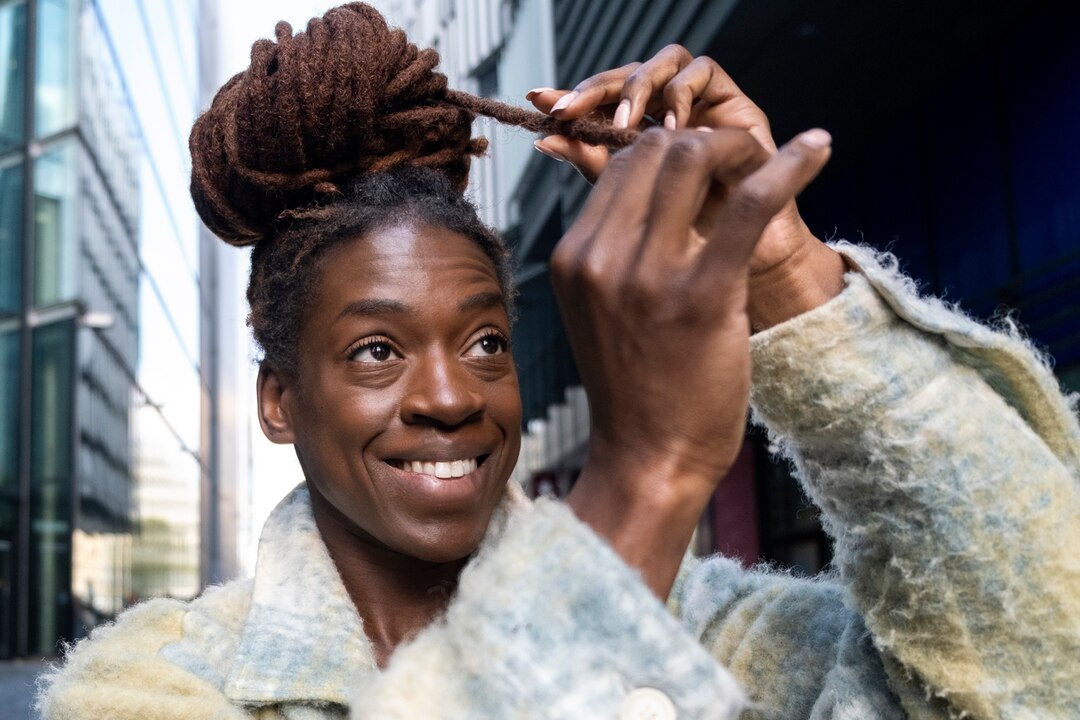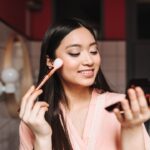Dreadlocks, historically and culturally significant for many communities worldwide, have unfortunately been subject to a myriad of stereotypes and prejudices in mainstream society. Despite their rich cultural heritage and personal significance to individuals who choose to wear them, dreadlocks are often misunderstood, misrepresented, and unfairly stigmatized. In this article, we’ll explore some of the common stereotypes and prejudices surrounding dreadlocks and shed light on the importance of challenging these misconceptions.
1. Dirty or Unkempt:
One of the most pervasive stereotypes surrounding dreadlocks is the assumption that they are dirty or unkempt. This misconception stems from ignorance about the proper care and maintenance of dreadlocks. In reality, individuals with dreadlocks often invest significant time and effort into keeping their hair clean and well-maintained, using specialized shampoos, oils, and techniques to ensure hygiene and promote healthy hair growth.
2. Associated with Drug Use or Rebellion:
Dreadlocks are sometimes associated with drug use, rebellion, or countercultural movements, perpetuating the stereotype that individuals with dreadlocks are nonconformist or rebellious. However, the decision to wear dreadlocks is deeply personal and can be rooted in cultural, spiritual, or aesthetic reasons, rather than a desire to defy societal norms. It’s essential to recognize that dreadlocks, like any hairstyle, do not define a person’s character or beliefs.
3. Cultural Appropriation:
Another prevalent issue surrounding dreadlocks is the appropriation of this hairstyle by individuals who do not belong to the cultures from which dreadlocks originate. Cultural appropriation occurs when elements of a marginalized culture are adopted by members of a dominant culture without understanding or respecting their cultural significance. It’s important to acknowledge the cultural roots of dreadlocks and to honor their significance to the communities from which they originate.
4. Professionalism and Acceptance in the Workplace:
Dreadlocks are sometimes perceived as unprofessional or inappropriate for the workplace, leading to discrimination and bias against individuals with this hairstyle. Some employers have policies or dress codes that explicitly prohibit dreadlocks, unfairly penalizing individuals based on their appearance rather than their qualifications or abilities. This perpetuates systemic discrimination and reinforces harmful stereotypes about dreadlocks and the people who wear them.
5. Cultural Significance and Spiritual Connection:
For many individuals and communities, dreadlocks hold deep cultural, spiritual, and symbolic significance. In various cultures around the world, dreadlocks are associated with spirituality, identity, and resistance to oppression. It’s essential to respect and honor the cultural heritage of dreadlocks and to recognize their importance as a form of self-expression and cultural pride.
Dreadlocks, like any hairstyle, are a personal choice that reflects individual identity, culture, and self-expression. Stereotypes and prejudices surrounding dreadlocks are rooted in ignorance, bias, and cultural insensitivity. It’s crucial to challenge these misconceptions, educate ourselves and others, and promote acceptance, diversity, and respect for all hairstyles and cultural practices. By breaking down stereotypes and prejudices surrounding dreadlocks, we can create a more inclusive and equitable society where individuals are free to express themselves authentically and without fear of discrimination.








